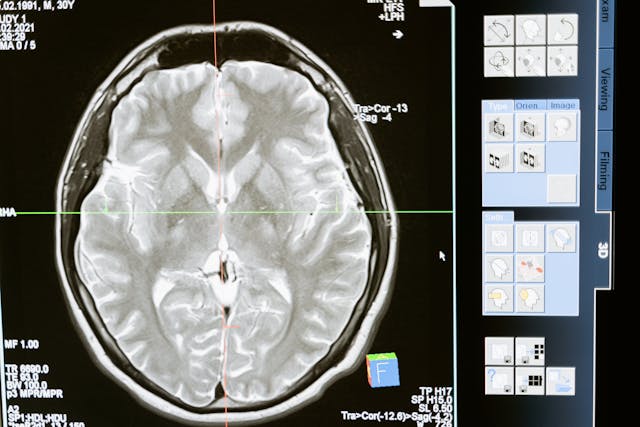Your brain is the Control Center of your body, and it’s responsible for everything from decision-making and learning to memory and emotional regulation. Taking care of your brain is just as important as caring for your heart or your muscles.
Some people turn to nootropics to support mental clarity and cognitive performance, hoping to enhance memory with Coluracetam, a compound known for its potential role in memory and learning. While supplements can be a part of cognitive health strategies, sustainable brain health starts with simple, everyday habits. Let’s take a look at six of the tips that you could use to support and improve your brain health.

- Exercise as a priority. If you want an effective way to support your brain function, you need to get your body moving. Exercise works to improve blood flow to the brain, which delivers oxygen and nutrients to help the neurons thrive and grow. Exercise can also stimulate the release of growth factors, which is going to help you to produce new brain cells as the old ones die. Activities like cycling, yoga and walking can help you to reduce your levels of anxiety and improve your memory. It can even enhance your mood.
- Rectify your diet. Adjusting your diet to become more brain healthy is important because what you eat directly affects the way that your brain functions. A diet that is rich in Whole Foods, especially berries, fatty fish and leafy greens can provide essential nutrients like Omega threes, antioxidants, and B vitamins. These are the nutrients that are vital for cognitive performance, reducing inflammation, and protecting against neurodegeneration.
- Keep your mind active. You work your muscles in the gym to build them up, and just like muscles, the brain will thrive on use. Keeping your mind engaged helps to create new neural connections and strengthen existing ones. From learning a new skill to playing memory games, you can make a big difference to your brain health by challenging it with new information and experiences.
- Quality sleep. When we sleep, we heal. Sleep plays a critical role in brain health for that reason. It’s at that time that your brain is consolidating memories and processing information. Any waste products are cleared out that have built up and caused damage over time. Poor or insufficient sleep is linked to impaired memory, reduced concentration, and an increased risk of neurological disorders. Most adults need upwards of nine hours of quality sleep each night, so create a calming bedtime routine and limit blue light exposure before you go to bed.
- Manage your stress. Chronic stress can affect the brain structure and function, which is important in areas involved in memory and decision making. Over time, elevated cortisol levels can shrink the hippocampus, which is the brain’s memory center. Practice stress management techniques like meditation, deep breathing, journaling, or spending time in nature. Even those few minutes of mindfulness can have a powerful impact on mental clarity and emotional balance.
- Stay connected. Did you know that social interaction is an often-overlooked factor in brain health? Engaging in meaningful conversations and maintaining friendships can help to stimulate cognitive function and reduce the risk of decline. Social engagement also makes you feel good, and it buffers against those feelings of isolatio,n which are linked to poor brain health.

Leave a Reply